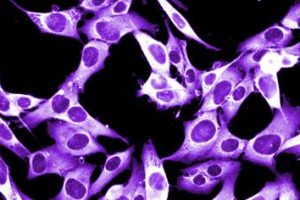university of massachusetts medical school
Risk of diabetes in Latinos reduced in study
An inexpensive, culturally sensitive diabetes prevention program created by researchers at the University of Massachusetts Medical School reduced pre-diabetes indicators in a Latino population at risk for developing diabetes. Results…
Sharply focused on neurons, light controls a worm’s behavior
CAMBRIDGE, Mass., Jan. 18, 2011 — Physicists and bioengineers have developed an optical instrument allowing them to control the behavior of a worm just by shining a tightly focused beam of light at individual neurons inside the organism.
The pion…
UMass Medical School study points to genetic link in apnea of prematurity
WORCESTER, Mass. — A potentially life-threatening challenge characterized by pauses in breathing that can last for more than 20 seconds, apnea of prematurity (AOP) affects more than 50 percent of premature infants and is almost universal in the sm…
Researchers define role of CEP290 in maintaining ciliary function
A new study in the September 6 issue of the Journal of Cell Biology (www.jcb.org) helps define the role of an important ciliary protein, CEP290. The results could be applied toward targeted gene therapy in cilia-related diseases.
Mutations in hu…
Gene silencing technique gets patent
An important discovery in modern molecular biology is that double-stranded RNA can quash the activity of specific genes in plants, animals, and fungi. In 1997, Dr. Andrew Fire of the Carnegie Institution of Washington and Dr. Craig Mello of the University of Massachusetts Medical School, and their team found that by specially designing RNA with two strands they could silence targeted genes. Their discovery, called RNA interference (RNAi) was recently patented (US Patent 6,506,559 B1), and it has been widely licensed in the U.S., Europe, and Japan.




